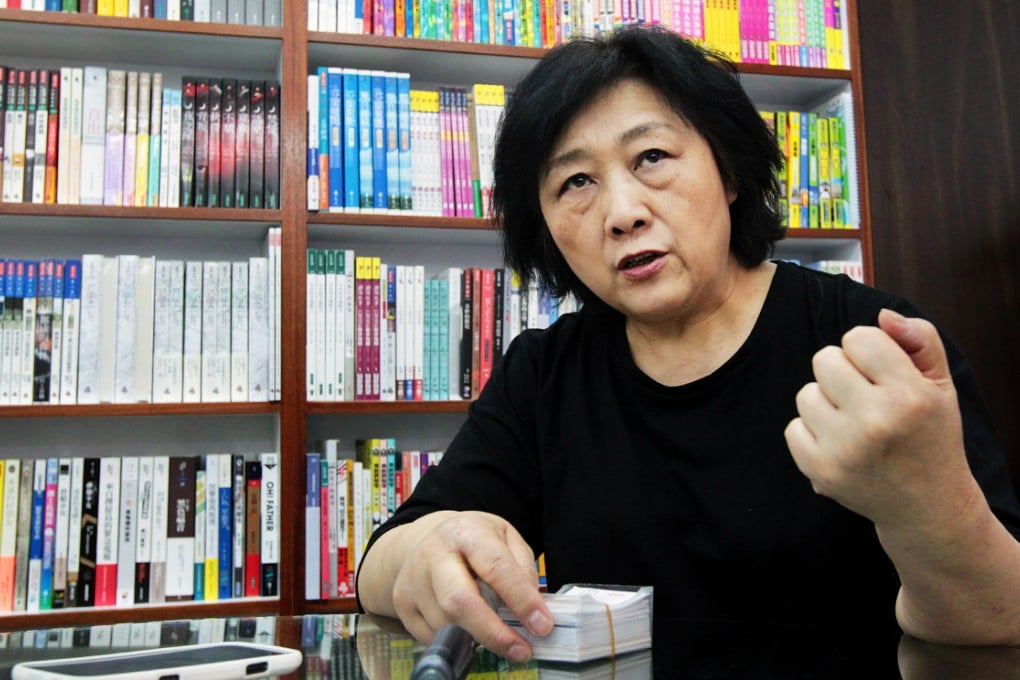Veteran Chinese journalist Gao Yu ‘had no choice’ but to confess guilt before early release from prison, legal experts say
Legal experts say jailed veteran Chinese journalist was released early on medical grounds in return for ‘face-saving’ admission

While dissident journalist Gao Yu was said to be released from her 20-month detention on state secret charges for medical reasons, the outcome of her case actually hinged upon one thing: a confession.
State media said Gao, 71, who has heart disease and high blood pressure, was allowed to serve her sentence outside jail due to her “severe illnesses”.
Just a few hours before the announcement, Gao, who had earlier insisted on her innocence, pleaded guilty at an appeal hearing at a high court in Beijing, which cut Gao’s original jail term of seven years to five, said a Xinhua report headlined “Gao Yu confesses and regrets her guilt.”
People familiar with the third-time jailed journalists said a confession was out of character for the normally spirited woman. Gao wrote in her memoir that state security agents tried to extract a confession from her in 1997 as a condition of her release, but she refused. But during her latest ordeal, she had confessed twice.
In May last year, two weeks after she was detained, she admitted on state television that she “breached the law and endangered national interests”. At the time, she was told a confession would mean she and her son, who was detained along with her, would be released. But in the end, only her son was released.
She retracted her confession during her trial the following November, saying it was extracted under coercion. Gao was sentenced to seven years in jail in April. The verdict said she had sent an electronic version of a Communist Party circular known as “Document No9 to the US-based website Mingjing in 2013, although both Gao and Mingjing denied it .